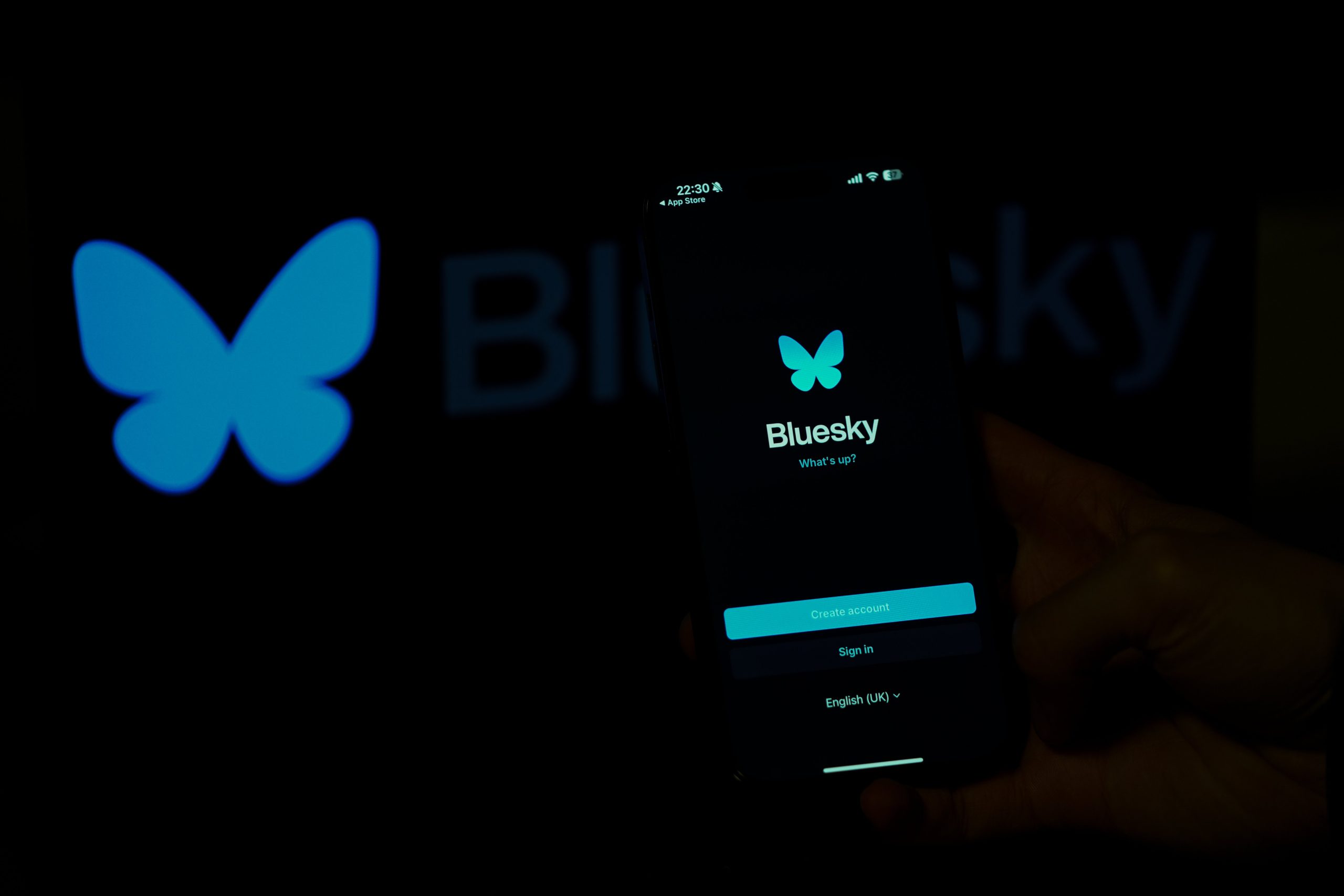
People in Mississippi no longer have access to Bluesky — one of the primary alternatives to Elon Musk's X — because of burdensome age verification laws.
A new law in Mississippi requires age verification to access social media sites. This landmark piece of legislation goes even further than other laws that require age verification for sites featuring explicit content. Bluesky announced on Friday that it would stop operating in the state because of the law, noting concerns over the cost burden and privacy of its users.
"Mississippi's approach would fundamentally change how users access Bluesky. The Supreme Court’s recent decision leaves us facing a hard reality: comply with Mississippi’s age assurance law—and make every Mississippi Bluesky user hand over sensitive personal information and undergo age checks to access the site—or risk massive fines. The law would also require us to identify and track which users are children, unlike our approach in other regions. We think this law creates challenges that go beyond its child safety goals, and creates significant barriers that limit free speech and disproportionately harm smaller platforms and emerging technologies.
Unlike tech giants with vast resources, we’re a small team focused on building decentralized social technology that puts users in control. Age verification systems require substantial infrastructure and developer time investments, complex privacy protections, and ongoing compliance monitoring — costs that can easily overwhelm smaller providers. This dynamic entrenches existing big tech platforms while stifling the innovation and competition that benefits users."
Bluesky pointed out that Mississippi's law was particularly burdensome and was worrying in terms of its privacy implications. The company noted, for instance, that it follows the U.K.'s Online Safety Act, which does not require tracking which users are children and only requires age checks for certain material.
Mashable's Anna Iovine covered the effects of age verification on the internet in depth. But what certain lawmakers have claimed is aimed at protecting children has already had widespread consequences. These laws, in general, make the internet a less open place and a space that requires sacrificing privacy for access.
